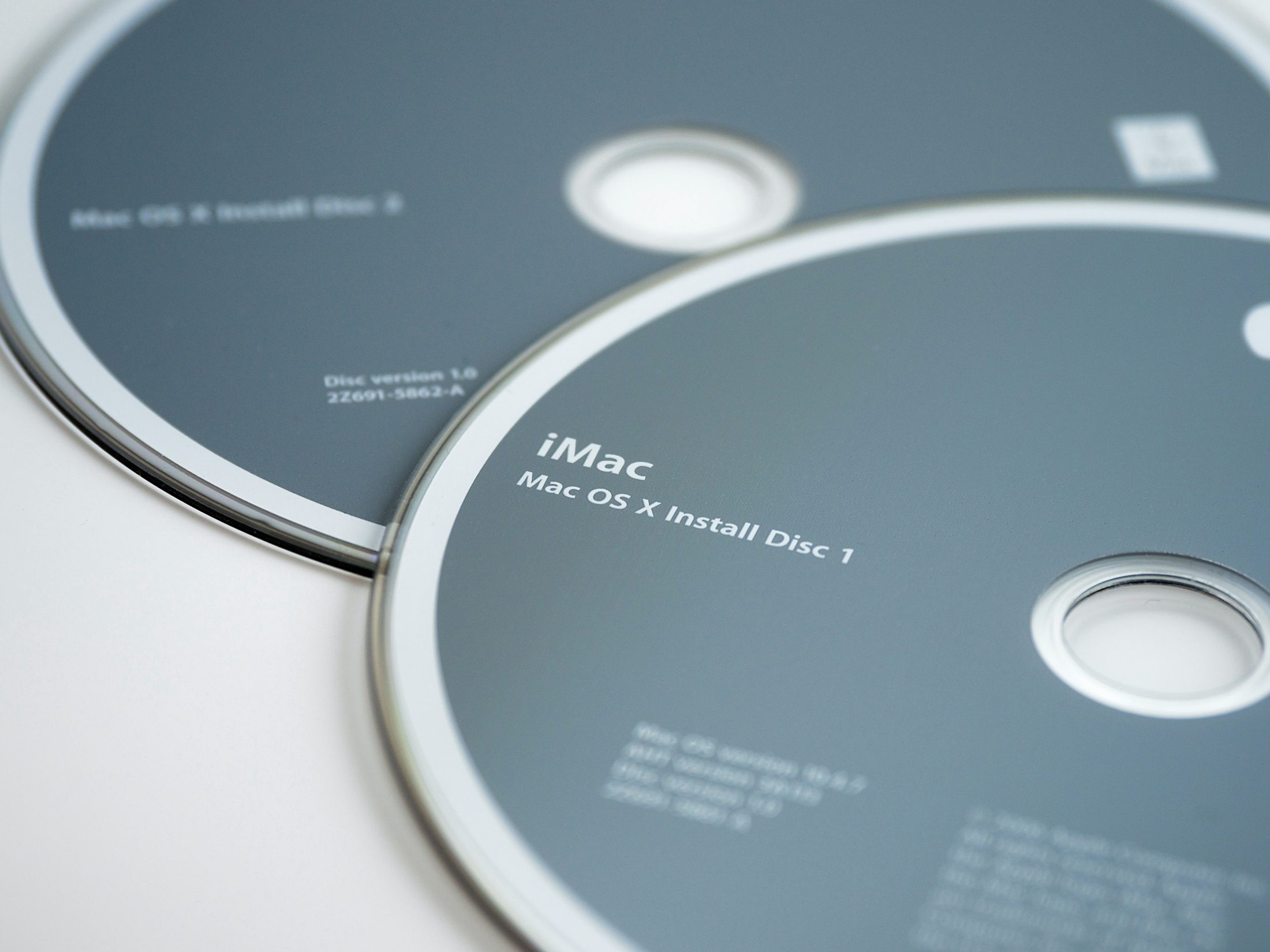EM Law | Commercial Lawyers in Central London

What is the purpose of a software evaluation licence?
Software is protected by intellectual property rights. This means that in order to use a third party software program, the user needs a licence from the owner of the rights in the software.
Buying and implementing a new piece of software can be a complicated and costly procedure. Evaluation licences allow potential customers to test and evaluate a software program before committing to take a licence of the software for use in their business. An evaluation licence agreement sets out the terms of this temporary licence.
What rights and obligations should software evaluation licences contain?
Software evaluation licences tend to be fairly lightweight because at this stage, the customer is only thinking about buying the software – they aren’t committing to an expensive or long-term contract. If the software doesn’t function in the way that the customer hoped for, they won’t go ahead and buy the software. For this reasons, licensors usually offer minimal warranties and heavily exclude their liability within the licence arrangements.
However, rather than accept all exclusions of liability, the customer may insist that liability should instead be limited. There may be a real possibility that, during evaluation, a fault in the software could cause damage to other software or hardware owned by the customer. In these circumstances the supplier should be liable to pay for, at least, the direct cost of correcting this damage. This term will usually be negotiated between parties depending on the circumstances of the licence.
It is common for software evaluation licences to contain the most limited rights that will meet the recipient’s needs in evaluating the software. This protects the provider and ensures that the software details are not released for any longer than is necessary. The evaluation licence will also usually restrict the recipient’s ability to make copies. Again, this protects the provider as the more copies of the software that are made, the greater the chance of one of them becoming the source of multiple infringing copies. In some agreements this is expressed in general terms however it may be useful to negotiate a fixed number of copies for each individual case.
Clauses included in software evaluation licences
A standard evaluation licence agreement will also usually include the following clauses:
- Term – this clause will specify how long the evaluation period will last. The evaluation period should be no longer than is necessary to evaluate the software however the exact term of the licence will differ depending on what the software is and how the business intends to use it.
- Termination – the licence will automatically terminate at the end of the trial period. However, the provider should have the ability to terminate the agreement immediately in the event of a breach by the user, particularly a breach of the licence restrictions or confidentiality provisions. The user should also be able to terminate early if they decide that they no longer want the software. Upon termination, the provider should be able to collect any copies of the software or require destruction of such items.
- Payment – usually there is no fee for an evaluation licence. However, where a provider provides services to the user, such as installing the software or assisting with the evaluation process, a fee may be agreed. When this fee is a large sum, the evaluation licence fee may be deducted from the price for a full licence if the user decides to purchase the software.
- Property rights – this clause will restrict the customer from taking unnecessary copies of the software and also address intellectual property rights.
Software evaluation licences sometimes contain provisions addressing the security of the software during the evaluation period. For example, the provider may require the customer to have adequate security measures in place to safeguard the software. The customer should also make sure that no unauthorised person is able to access the software.
For any questions you may have concerning software evaluation licences contact Neil Williamson.
